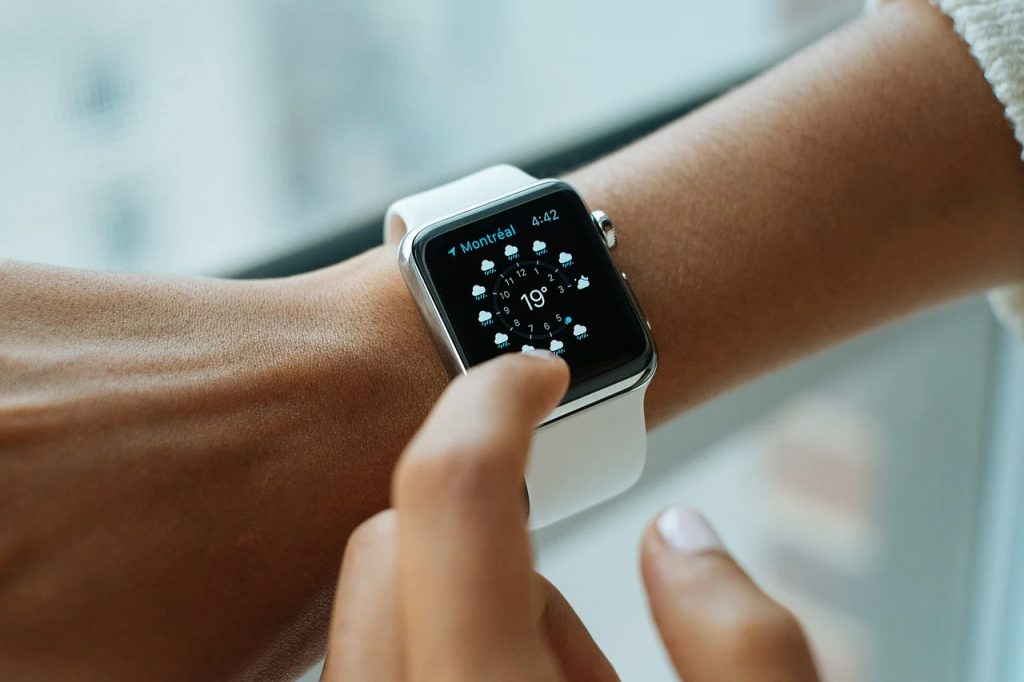Evidence Shows The Apple Watch Is Racially Biased
Multiple recent studies have shown that the Apple Watch's blood oxygen sensor doesn't work as well for those with darker skin tones.
This article is more than 2 years old

Technology giant Apple is under investigation once again. This time it is their Apple watch that has the heat on it. They are amidst a lawsuit in New York, where a man claims that the Apple Watch is racially biased.
The app under fire is the Apple Watch’s blood oxygen app, which can read the user’s oxygen levels in their blood while wearing the Apple Watch. Sensors like this one are known to have problems with the accuracy and truthfulness of the result they compile.
The plaintiff assumed that the technology would work regardless of his skin tone. Apple does not disclose any problems retrieving results based on skin color, despite what is largely reported. Multiple studies have been completed that have shown that devices used to measure blood oxygen levels are less effective the darker the skin is.
It works by shining a light on the user’s wrist to determine how much oxygen has been absorbed by the red blood cells contained in the blood. Depending on the amount of light that is absorbed will show how much oxygen your blood contains. The issue with this technology is that darker skin absorbs light, which could give an ineffective or inaccurate reading.
During the pandemic, these devices were used regularly to monitor how sick patients were. The results of these machines could determine what level of care patients would receive, including medicine.
So during the pandemic, there was a higher chance that black or Hispanic people may have been refused a bed or medical treatment based on an inaccurate reading on people with darker skin. This reliance on unreliable technology could have also resulted in a higher number of deaths.
Since there is an overwhelming amount of research on this topic, the FDA has opened an investigation to look into the accuracy of oximeters on different skin tones.
So if hospital oximeters carry this issue, it could be safe to assume that Apple’s watch oximeter has the same racial bias. While an independent company completed research on the Apple Watch’s blood oxygen meter, it proved that the app is as accurate as ones used in a medical setting. However, there was still no mention of how accurate it was on people with darker skin tones.
Apple released research to show that there was no difference between races when they used the sensor on their watch. They have also stated that the app should not be used for medical use and instead for keeping a close on your general wellness.
The plaintiff suing Apple is claiming the citizens of several states who bought Apple watches, claiming Apple was fraudulent in selling them to people of color. His attorney claims that Apple must be transparent about all aspects of its technology to its customers.
While this lawsuit may not gain any traction in the courts, it highlights a problem in some technology that is used in the healthcare system that produces essential results. It is good that the FDA is looking into oximeters to ensure everyone gets the same level of healthcare regardless of race.





